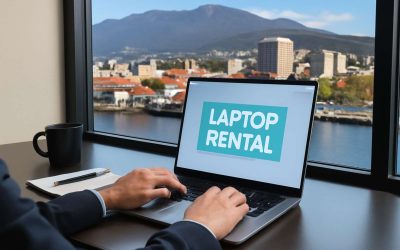
Equipment rental is an industry that provides users with access to equipment they might not have the capital to purchase. It’s a great solution for seasonal jobs, large projects that require specialised equipment or short-term tasks that don’t justify the cost of buying and maintaining a machine. Rental services offer operational flexibility, allowing businesses to hire the exact piece of machinery they need for each job. They also provide cost savings compared to purchasing and maintenance costs.
Starting an equipment rental business requires a clear plan of action and sufficient funding to cover startup costs. You’ll need to decide which type of equipment to buy, how much to charge for rental time and how to promote your new business. You’ll also need to set up a legal structure, such as an LLC or corporation, to separate your personal interests from those of the company. Once you’ve established a legal entity, you’ll need to open a bank account and deposit initial capital.
Whether you’re renting out construction equipment, catering supplies or office furniture, an online booking system is essential for managing the entire equipment rental process from start to finish. Bookly is an excellent choice for equipment rental services as it’s fully customisable, can be integrated with dozens of popular payment gateways and allows you to accept deposits. Bookly is also optimised for mobile, meaning clients can book equipment using their phone or tablet, regardless of where they are. Automated email and SMS notifications keep customers up to date with their rental status, while a built-in chat feature makes it easy to communicate with clients.
Establishing the right price for your equipment rental is key to establishing long-term customer loyalty and success. There are several ways to determine the appropriate price, including calculating your total cost of ownership (TCO), which includes initial investment, depreciation, maintenance, and storage costs. Then, you can factor in your desired profit margin to create a pricing structure that will meet your business goals.
Once you’ve settled on the right price for your equipment rental, it’s important to create a clear and comprehensive equipment rental agreement that clearly sets out all of the terms and conditions between you and the client. This should include details such as who is responsible for loading and transporting the equipment at the beginning and end of the rental period, what happens if equipment is damaged or stolen, and other important aspects.
Managing an equipment rental business can be complex and overwhelming, but with Rentman, all of the processes required to manage a successful rental service can be automated. Rentman provides software to manage your inventory, calculate costs and profits, and track the performance of each piece of equipment. This information can help you make informed decisions about when to purchase new equipment and identify areas for improvement in your current operations. It can also be used to generate quotes for your customers and simplify the ordering process by removing manual steps.



0 Comments